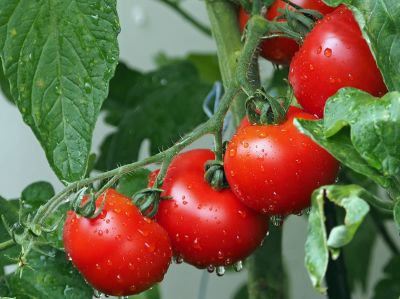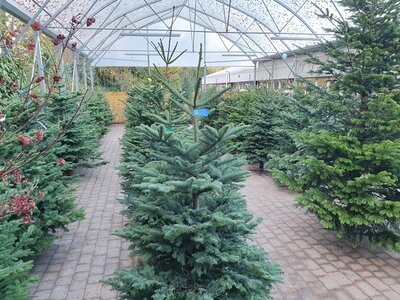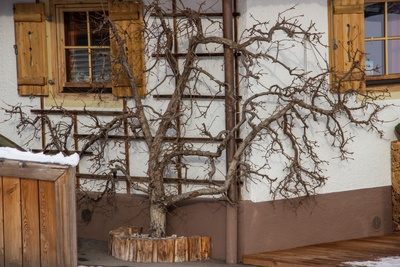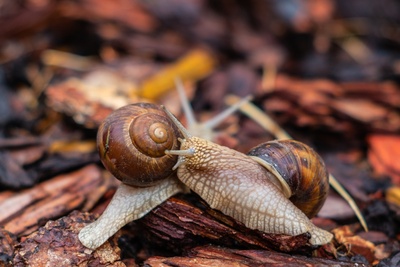
For those lucky enough to have a greenhouse, polytunnel or conservatory, you may be looking to grow your own tomatoes (some smaller varieties can even be grown on a warm windowsill). If so, you should be thinking of sowing your seeds from now until around mid March.
Tomatoes really need to be raised on a heating bench if you have one, or alternatively you can start them off in a heated propagator placed on a windowsill. It is possible to use an unheated propagator on a warm south facing windowsill, but these are probably best left a little later as best results are achieved when they are at a constant temperature of 21°C. If you are just growing on a windowsill, it may be advisable to bring your plants further into the room at night, as, whilst this mat be one of the warmest spots in the day, temperatures near a window can drop significantly at night.
Seeds should be sown thinly in trays or pots, covered lightly with seed compost and firmed down gently, preferably with something flat that fits snugly into the pot or tray to apply even pressure. Seed compost should be kept moist (but not wet) at all times.
After about 10 days, your seedlings should emerge and should be pricked out as early as possible and potted on to a 7-10cm pot in a richer, multi-purpose compost. Tease out the seedlings, being careful to only lift them by their seed leaves and not damage the stems. Make a deep hole in your compost and drop the seedlings in so that the seed leaves are just above the soil level. This is done because tomatoes can produce roots from anywhere along the stem and so this encourages strong root growth and gives them good anchorage. You can then just tap your pot a few times, so the compost fills in the hole around the stem, resist the temptation to firm the compost in too much as this may damage your plants and compact the compost too much for the roots to spread out freely. Your potted on seedlings should remain at a warm temperature whilst the roots develop.
Once your plants are well rooted (you should see the roots start to emerge from the bottom of the pot) and before they become root bound, they can be planted in their final spot. This would usually be around May.
Most tomatoes will need support and training and there are a number of methods you can use. If you have a tunnel or greenhouse, some lay the end of a string in the bottom of the pot before planting and tie the other end to an overhead wire or frame. Others, use some kind of stick support like bamboo canes. Either way, you will need to ensure support is provided as your plant grows. If your plants are particularly leggy, again the stems can be planted deep into the compost up to their first true leaves to encourage further root growth and strengthen the plant.
Most popular varieties of tomato we grow are 'Cordon' or indeterminate varieties that will need side shooting as they develop. This simply means removing the shoot that appears between the main stem and the main leaves that grow from it. It is the extra leave/shoot that appears between the stem and leaf that you need to remove. This puts more energy into flower and fruit production as opposed to growing a mass of foliage and stems with little fruit. For bush tomatoes (determinate varieties), side-shooting isn't necessary as these side-shoots will provide you with clusters of flowers which will eventually give you more fruit, unlike the side-shoots of cordon/indeterminate varieties which are generally unproductive.
If you follow these steps, you will be off to a good start and can look forward to picking your selected varieties of tomatoes from July through until October and, in warmer years, even November. Nothing tastes quite like a fresh tomato from the plant and the range of shapes, colours and most importantly, flavours you can get from growing your own is something you won't find in your local supermarket.
We have a range of tomato seeds and propagation accessories available at Ardcarne Garden Centre and should you need any advice, our friendly staff will be more than happy to help.









